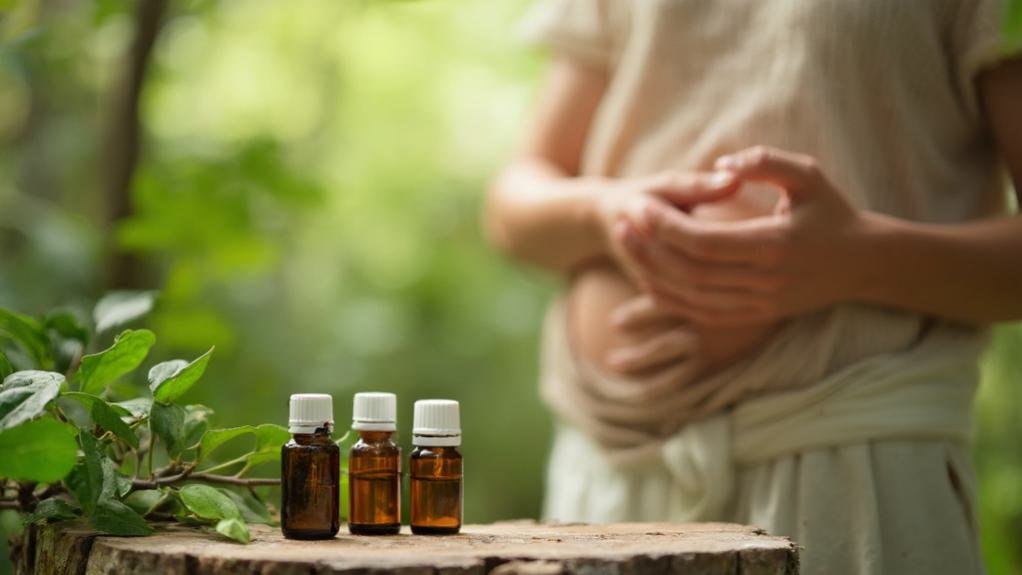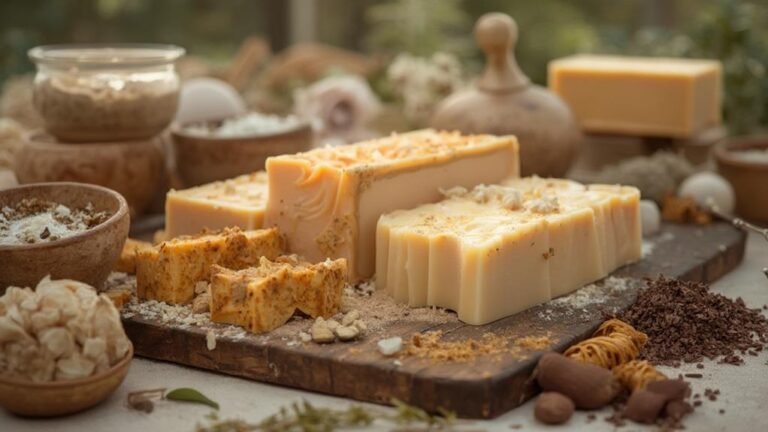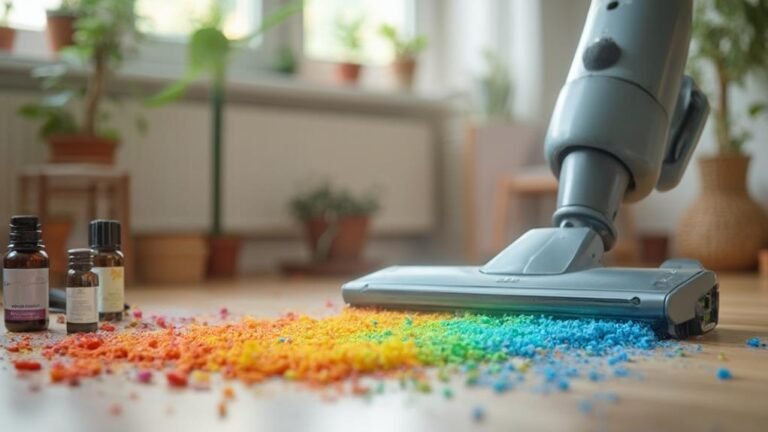Are Better Homes and Gardens Essential Oils Safe for Skin?
Better Homes and Gardens (BHG) essential oils are concentrated plant extracts with potent properties. While they offer potential benefits for skin health, it’s crucial to use them cautiously.
When applied to the skin, they can cause various reactions due to their bioactive compounds. Understanding these risks is crucial for safe usage.
Can I apply Better Homes and Gardens Essential Oils directly to my skin?
No, it is not recommended to apply Better Homes and Gardens Essential Oils directly to the skin. Essential oils are highly concentrated and can cause irritation or sensitization if used undiluted. Always dilute them properly with a carrier oil before topical application.
Key Safety Concerns
Here are some safety issues and concerns:
Skin Irritation
Essential oils can cause redness, itching, and inflammation due to their concentrated nature. This occurs when the oils are too strong for your skin or used undiluted.
Oils such as oregano, thyme, and clove are known to be particularly irritating. If irritation occurs, wash the affected area with a mild soap and cool water. Applying a soothing agent like aloe vera gel or diluted lavender oil can also help.
Allergic Reactions
Some individuals may experience allergic contact dermatitis or other allergic responses. This can manifest as rashes, hives, or more severe symptoms in rare cases. Symptoms of an allergic reaction may include itching, swelling, or difficulty breathing.
If you suspect an allergic reaction, discontinue use immediately and consult a healthcare professional. Having an antihistamine on hand can be useful for mild reactions.
Phototoxicity
Certain essential oils can increase skin sensitivity to sunlight, potentially leading to sunburn or blisters when exposed to UV rays. Citrus oils, like bergamot, lemon, and grapefruit, are particularly known for their phototoxic effects.
Safe Usage Guidelines
To minimize risks when using BHG essential oils on your skin:
Dilute Properly
Always mix essential oils with carrier oils like coconut or jojoba oil. A general dilution ratio is 1-3% essential oil to carrier oil, but this may vary depending on the specific oil and your skin sensitivity.
For children or pregnant women, a lower dilution ratio of 0.5-1% is recommended.
Patch Test
Before applying an oil to a larger area, test it on a small patch of skin and wait 24-48 hours to check for any adverse reactions.
To perform a patch test, mix a small amount of essential oil with a carrier oil and apply it to an area like the inner forearm. Cover with a bandage and check periodically for any signs of redness, itching, or swelling.
Start Small
Begin with small amounts and gradually increase as your skin adjusts. This allows you to gauge your skin’s tolerance to the oil.
Understanding BHG Essential Oil Ingredients
BHG essential oils contain various bioactive compounds, including:
- Terpenes: These compounds (e.g., pinene, limonene, linalool) can have antimicrobial, anti-inflammatory, or antioxidant properties.
- Esters: Compounds like linalyl acetate and geranyl acetate contribute to the soothing and calming effects of some oils.
- Phenolic compounds: These include eugenol and thymol, which may have antimicrobial and antioxidant properties but can also cause skin irritation in some individuals.
Manufacturing Process and Quality Control

BHG essential oils undergo a rigorous manufacturing process:
- Sourcing of raw materials from various countries
- Harvesting of plants (by hand or mechanically)
- Cleaning and preparation of raw materials
- Extraction using methods like steam distillation, solvent extraction, or cold pressing
- Filtering and decanting of extracted oils
- Blending of oils (using a proprietary process)
- Bottling, labeling, and packaging
BHG adheres to industry standards and best practices throughout the manufacturing process to ensure quality and purity.
Look for information about their testing processes, adherence to good manufacturing practices (GMPs), and compliance with international standards like those set by the International Organization for Standardization (ISO).
Precautions for Sensitive Skin
If you have sensitive skin, take extra precautions when using BHG essential oils:
Start with Gentle Oils
Gentle oils like lavender or chamomile are less likely to cause irritation. These oils are known for their soothing properties and are often recommended for sensitive skin.
Use a Lower Dilution Ratio
Use a lower dilution ratio (e.g., 0.5-1% essential oil to carrier oil) to minimize the risk of irritation. Sensitive skin requires gentler formulations to prevent adverse reactions.
Avoid Broken Skin
Avoid using essential oils on broken or damaged skin, as this can lead to further irritation and potential infection. Always ensure the skin is intact before application.
Be Extra Vigilant with Patch Testing
Performing a patch test is crucial for those with sensitive skin. Follow the steps outlined above meticulously to ensure safety.
Phototoxicity Awareness
Some essential oils can increase skin sensitivity to sunlight. Be cautious with oils like:
- Bergamot
- Lemon
- Grapefruit
When using these oils, avoid sun exposure on treated areas for at least 12-24 hours, or use them only on areas that won’t be exposed to sunlight.
Conclusion
While BHG essential oils can offer various benefits for skin, it’s crucial to use them safely. Always dilute oils properly, perform patch tests, and be aware of potential risks like skin irritation, allergic reactions, and phototoxicity.
If you have sensitive skin or any concerns, consult with a healthcare professional or certified aromatherapist before using essential oils.







